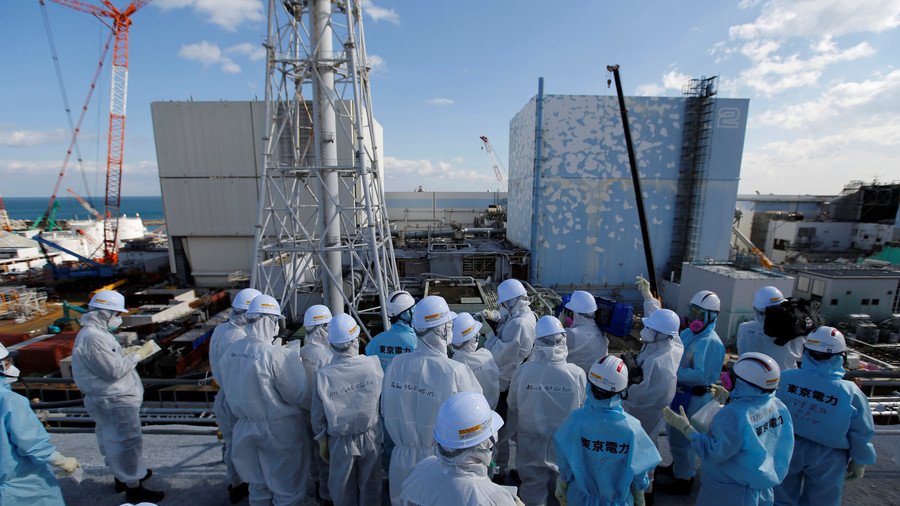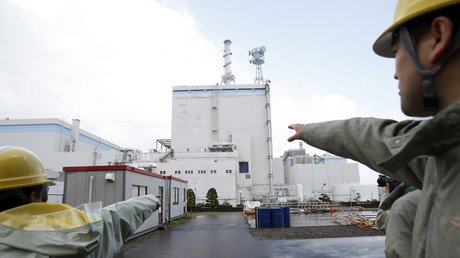UN human rights experts have slammed the Japanese government for the alleged exploitation of “tens of thousands” of workers, as well as migrants and the homeless, said to be cleaning up the mangled Fukushima nuclear plant.
In a three-way joint statement, released Thursday via the United Nations, the human rights experts detailed their deep concern over the “possible exploitation by deception regarding the risks of exposure to radiation, possible coercion into accepting hazardous working conditions because of economic hardships, and the adequacy of training and protective measures” following the 2011 disaster.
“The people most at risk of exposure to toxic substances are those most vulnerable to exploitation: the poor, children and women, migrant workers, people with disabilities and older workers,” the statement says.
The experts added that they were “equally concerned about the impact that exposure to radiation may have on [the workers] physical and mental health” and called on the Japanese government to protect those “who are reportedly being exploited and exposed to toxic nuclear radiation in efforts to clean up the damaged Fukushima Daiichi Nuclear Power Station.”
Japan’s Foreign Ministry has hit back, saying that the statement could cause unnecessary confusion. “It’s regrettable, as the statement [is] based on one-sided allegations that could exacerbate the suffering of people in the disaster-hit areas,” an unnamed official at the Health, Labor and Welfare Ministry told Japanese news agency Kyodo. “We properly handled problematic cases in the past and do not regard it as a situation which requires any urgent response.”
According to the ministry, 46,386 workers were employed at Fukushima during 2016. The Radiation Worker Central Registration Centre of Japan showed that up to 76,951 decontamination workers were hired between 2011 and 2016.
Since 2017, after “detailed reports” that showed people were granted decontamination contracts without relevant work experience, the UN rights experts have engaged in a dialogue with the Japanese government.
READ MORE: Notes of nuclear? Fukushima radioactivity found in California wine
In July, the Justice Ministry in Japan said that four construction companies hired foreign trainees to carry out decontamination work. As a result, the ministry has been criticized for allowing the companies to import cheap labor instead of using Japanese workers.
Three of the plant’s six reactors went into nuclear meltdown following a magnitude nine earthquake in March 2011, which triggered a tsunami that overwhelmed the area around the Fukushima Prefecture and along Japan’s eastern coastline. Seven years on, contamination and radiation exposure remain a major issue for those working to make the area safe once again – but plant operator Tokyo Electric Power Company (TEPCO) has said it is expected to take about four decades to fully decommission the power plant.
Like this story? Share it with a friend!


